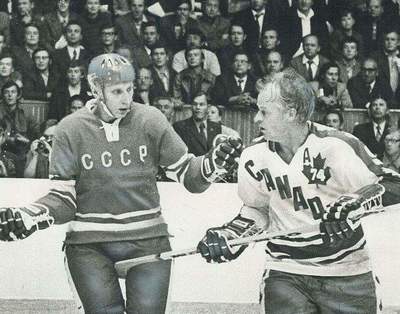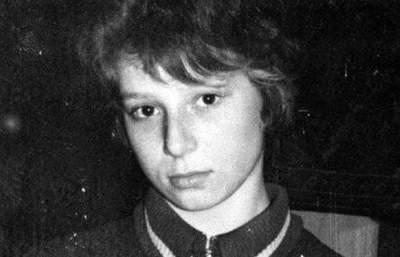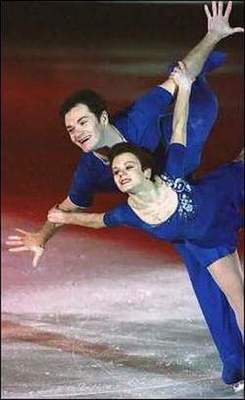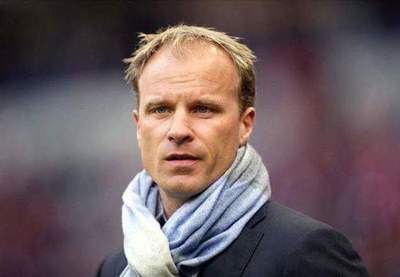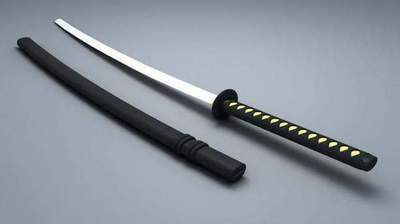Other Russian names
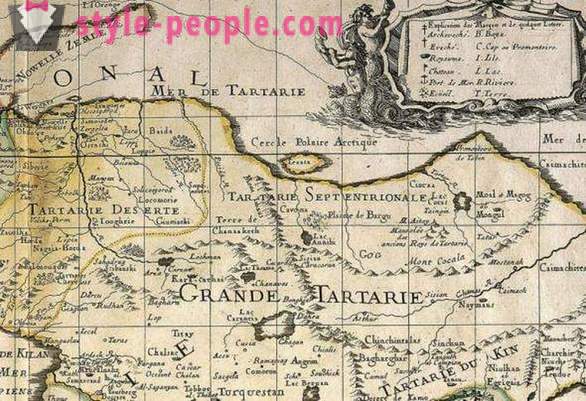
"Russia" - the name is relatively new. Prior to that, our territory was entered in the annals of history and marked on maps at all under different names.
Hyperborea
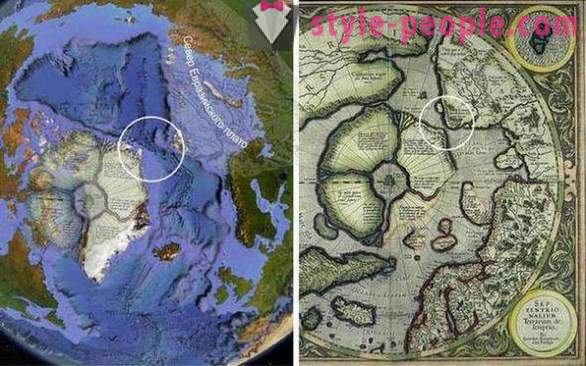
The legendary country of ancient Greek mythology. Many scholars argue that the Hyperboreans many thousands of years ago lived in the territory of the Russian North. Interestingly, even in the many medieval maps of these lands were designated as Hyperborea. The ancient Greek historian Diodorus Siculus described the Hyperboreans as favorites of fortune, to be exact - the god Apollo, in which he often visited the region and was a patron of Hyperborea. Diodorus wrote, not without envy: "Even death comes to the Hyperboreans as a deliverance from the satiety of life, and they are experiencing all pleasure thrown into the sea."
Sarmatia
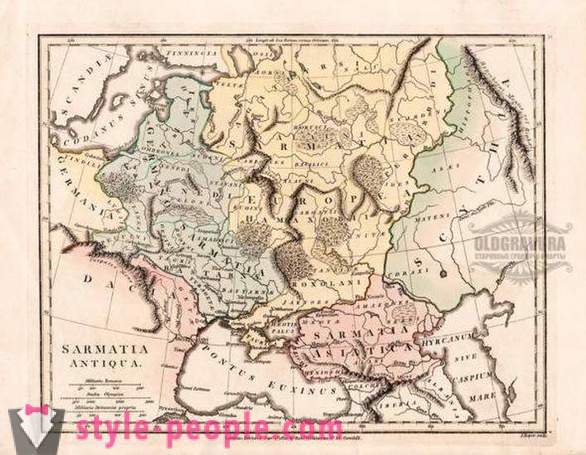
The boundaries of the country stretching from the Black Sea to the Ural Mountains. Some historians say that Sarmatia settled natives of mythical Hyperboreans, who drove the Scythians and began to rule their population. Interestingly, many births (coat of arms) of the Polish gentry to believe that there is from the Sarmatian (the so-called Sarmatian). By the way, Mikhail Lomonosov, as opposed to the defenders of the Norman theory believed that the origins of the Russian state to look for it in the Sarmatian tradition.
Tartary
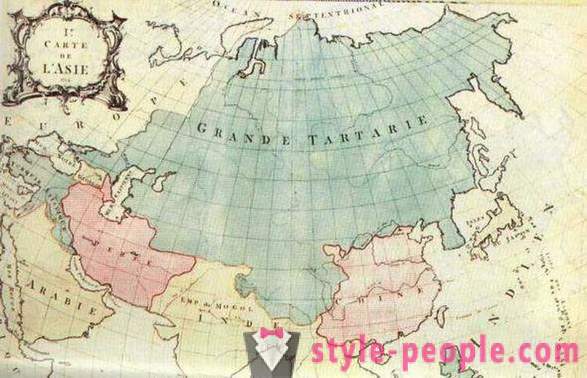
This is rather offensive name of the territory of our country's European cartographers designated right up to the XIX century. Many Russian historians optimistically attributed the name "Tartary" Tatar people. But it is doubtful whether Western geographers of the Middle Ages would have shared with them a positive attitude, because the name "Tartary" they associated with Tartarus, hell in Greek mythology, which were cast god Kronos (aka Saturn) and the other Titans. Localization of this black spot on Russian soil, we are obliged to astrologers, it is estimated that, this territory is controlled by the planet Saturn, with all its consequences. It is interesting that Nostradamus in "Century" promised a happy ending Tartarus, claiming that the land of Saturn in the end times will have to wait almost a Golden Age.
Gardariki
So we called the current territory of Russia and other Normans Vikings. With the Icelandic word "Gardarika" can be translated as "country towns". Given the fact that the Normans, had seen in his lifetime many countries and territories, "the city" named after him only to Russia, it is possible to judge the high level of civilization of our ancestors.
The Great Sweden
The famous Icelandic skald and politician Snorri Sturlusson, who lived at the end of the beginning of the XII-XIII century, called the European territory of the present Russian Federation, Sweden, the Great (in Icelandic - Svitod). That is, to some extent, we, the citizens of Russia, are the Swedes. Only large or great. That's skald describes Mother Russia in the book saga "The First Circle": "To the north of the Black Sea extends Svitod Large or cold. Some believe that the Great Svitod nothing less than the Great serkland (Country Saracens), some compare it to the Great Bloland (Africa). The northern part of Svitod not populated due to frost and cold. In many large Svitod Kheradi (cities). There are also many different nations and many languages. There have giants and dwarfs, there is a blue and a lot of different wonderful people ... ". In fact, since the time of Snorri Sturlussona little has changed. Is that the blue men rarely come across.
Al-Slavia
This name was given Rus Arab geographers Al-Farsi and Ibn Hawqal in the X century. The capital of Al-Slavia was Salalah. Many historians identify Al-fame with the Novgorod land, and Sala - legendary in Slovenska, which was located near the present Great Novgorod. Interestingly, the Arab historians also gave a few names of Russian territory: Artania and Kujawy. Localization Artania so far are controversial: some historians place it in the area of modern Ryazan. Kujawy is clearly associated with the Kiev underground.
Moscovia
Here, it seems, everything is clear: Russia was called Muscovy thanks to its capital. However, a number of sources claim that the name comes from Moscovia Mesech (or Meshech), grandson of Noah. Allegedly, he was the founder of the nation "Muscovites". It is interesting that this version has been written into the "synopsis, or short description of the beginning of the Russian people", which was published in 1674 in the walls of the Kiev-Pechersk Lavra. Many historians went further, saying that the word "Moscow" and "Moscow" does not have each other in any way. If the name of the state came from a descendant of the Old Testament prophet, the capital of the state - from some of the local god of the tribe Meria, which are known to have been natives of this land in the Moscow region. Alas, but check these versions in the XXI century we have just can not ...
































